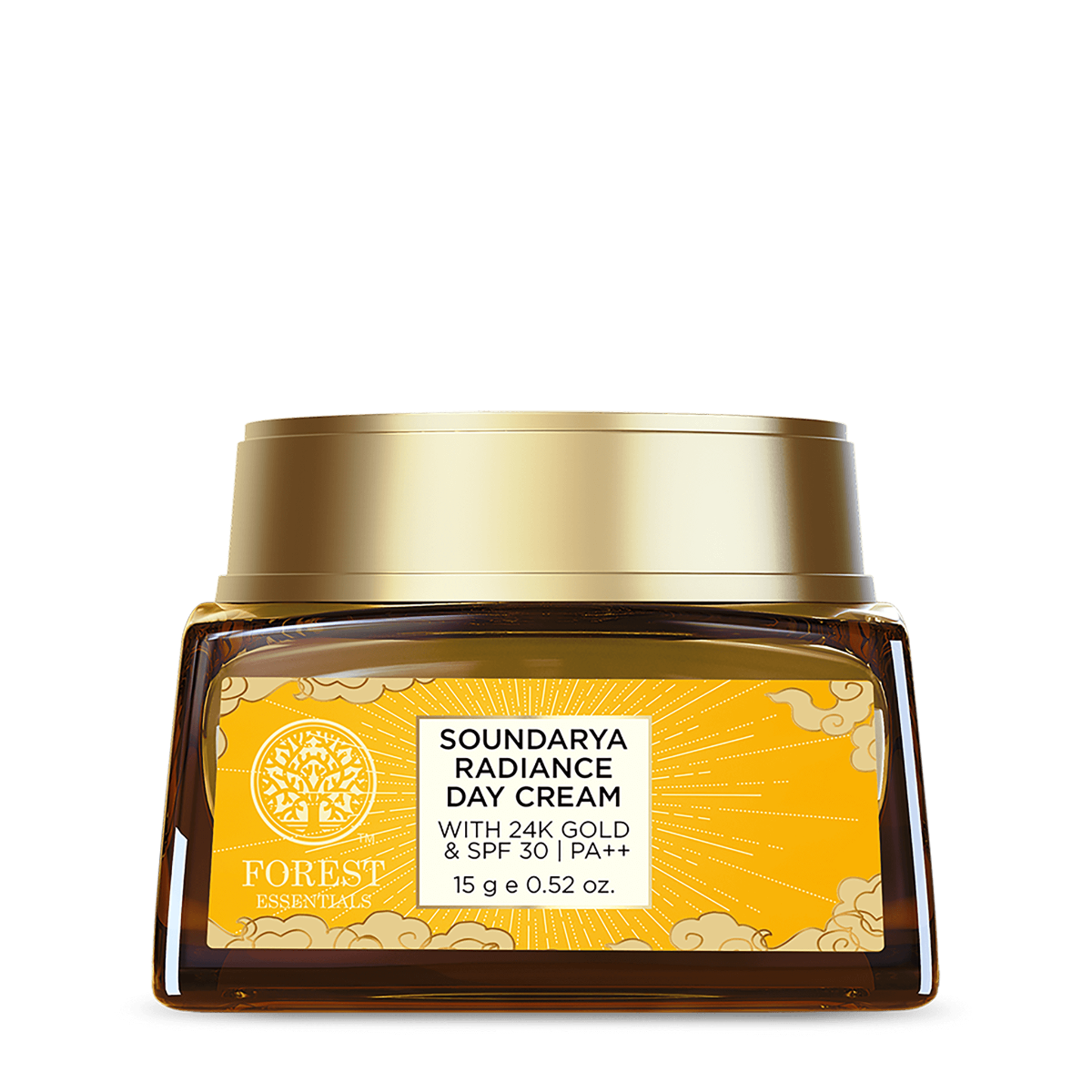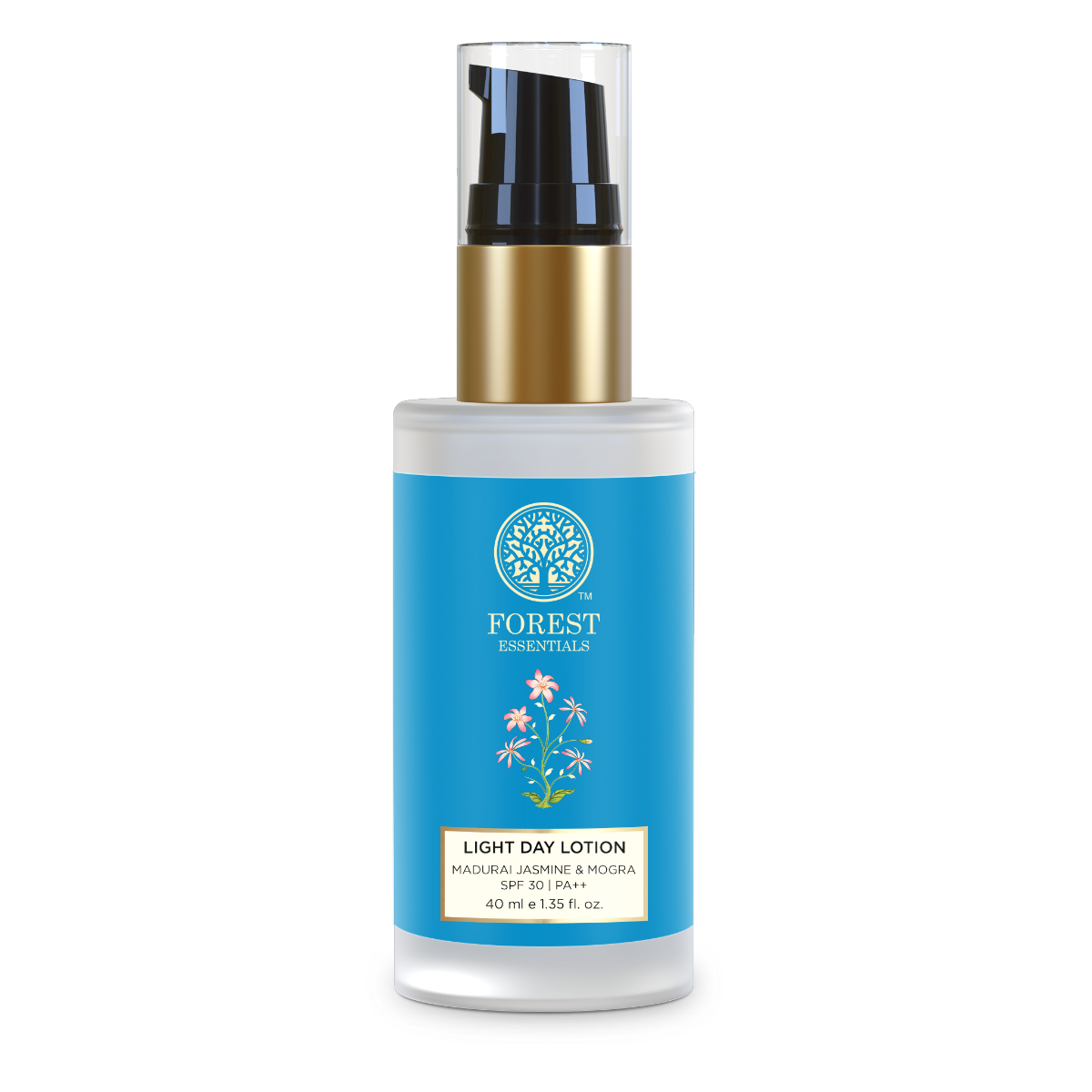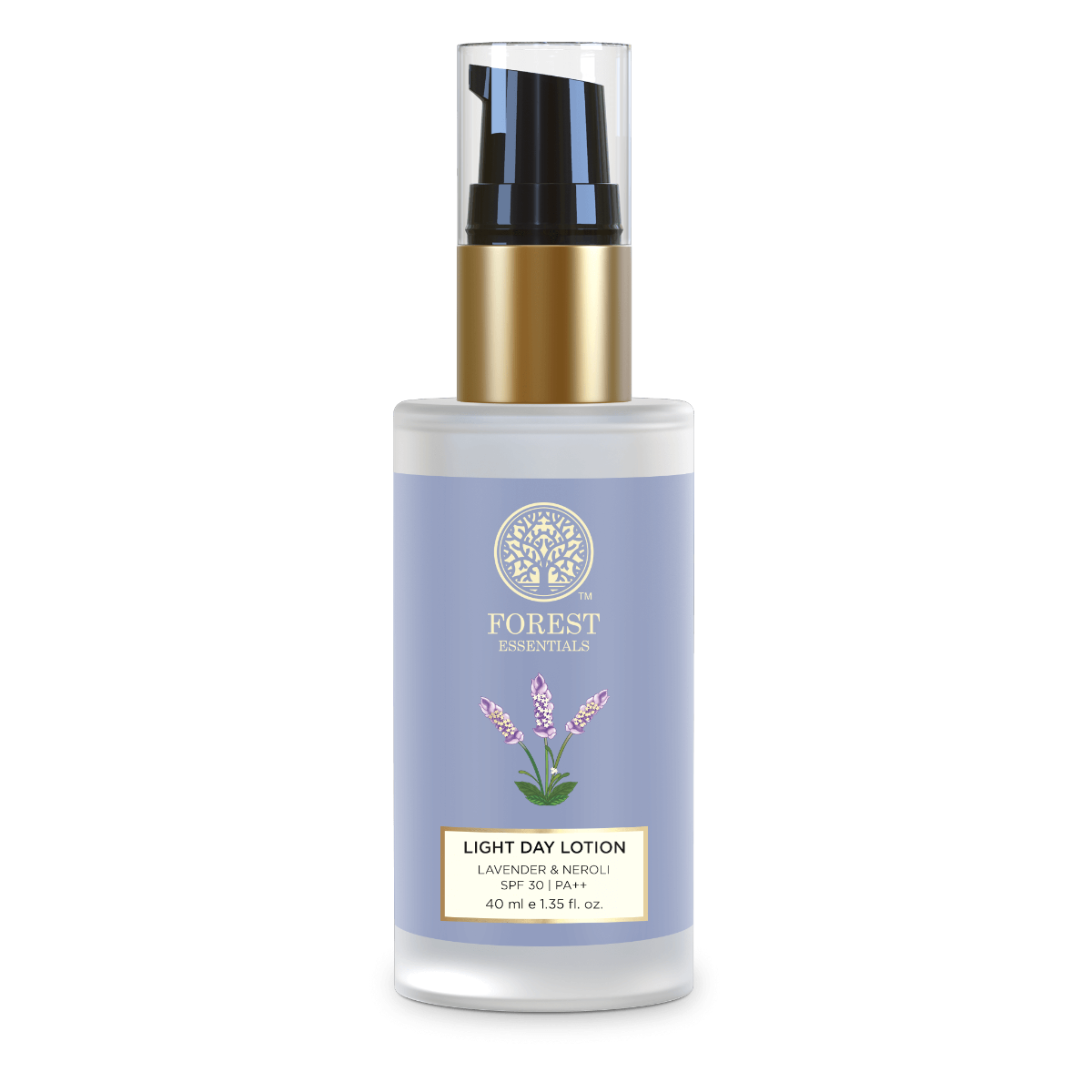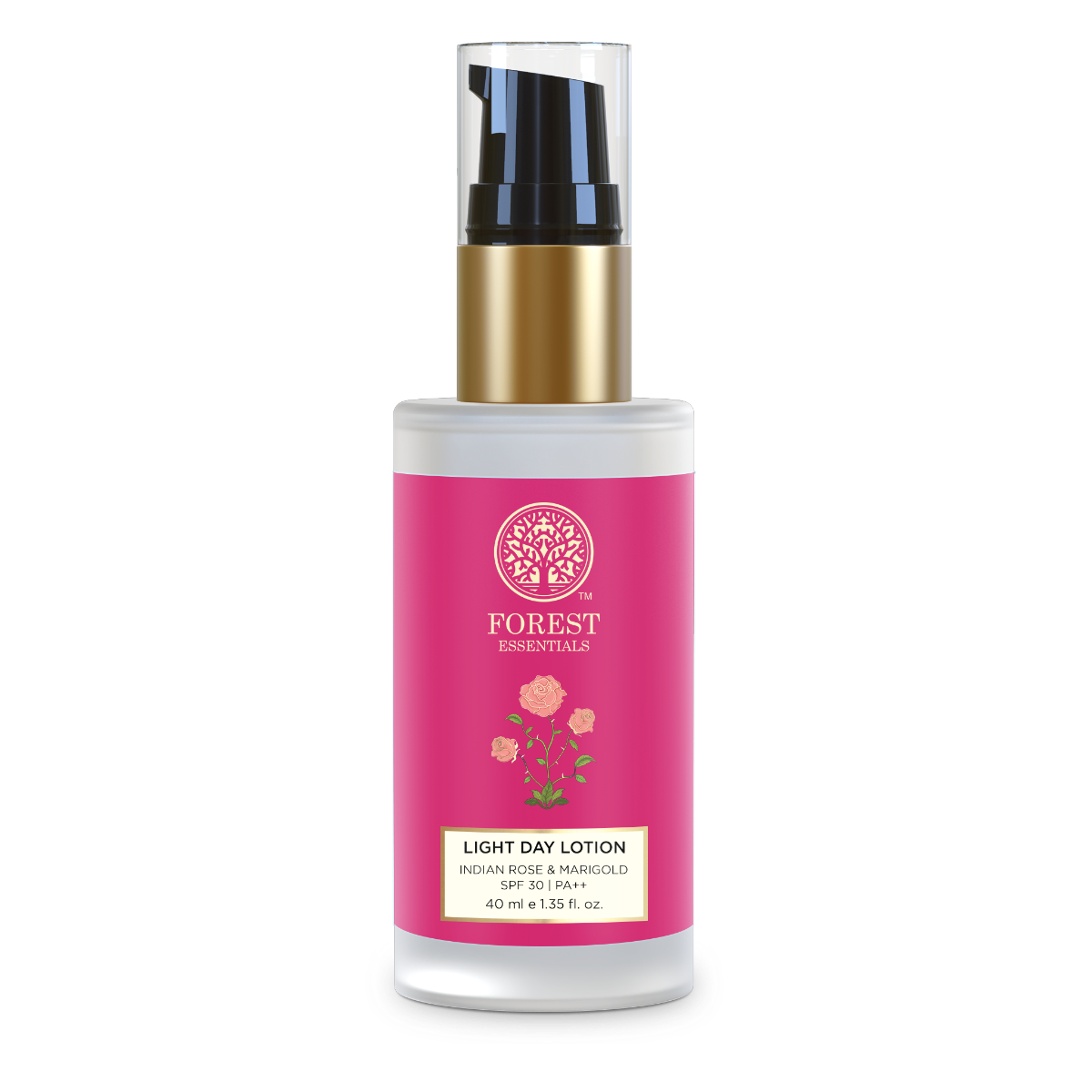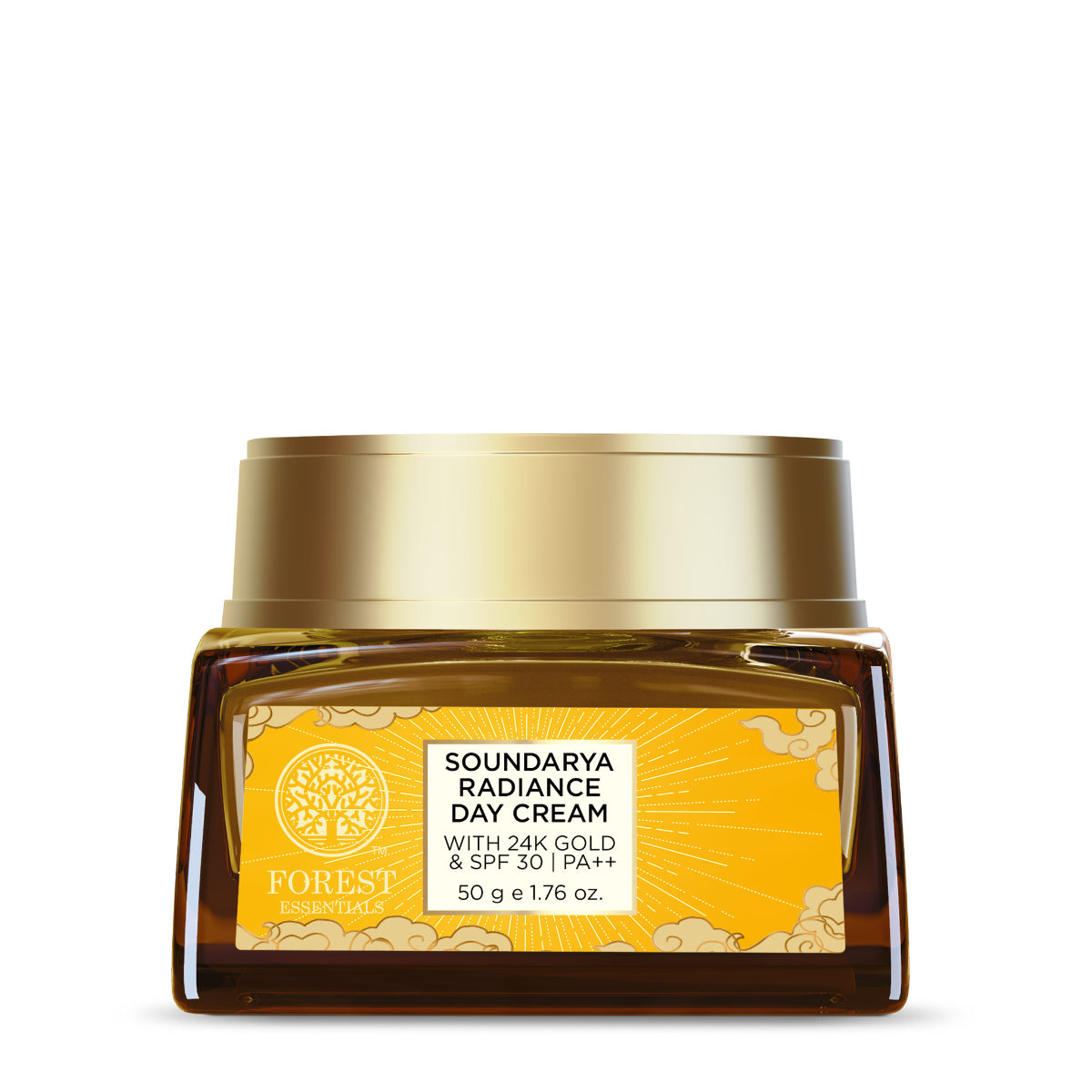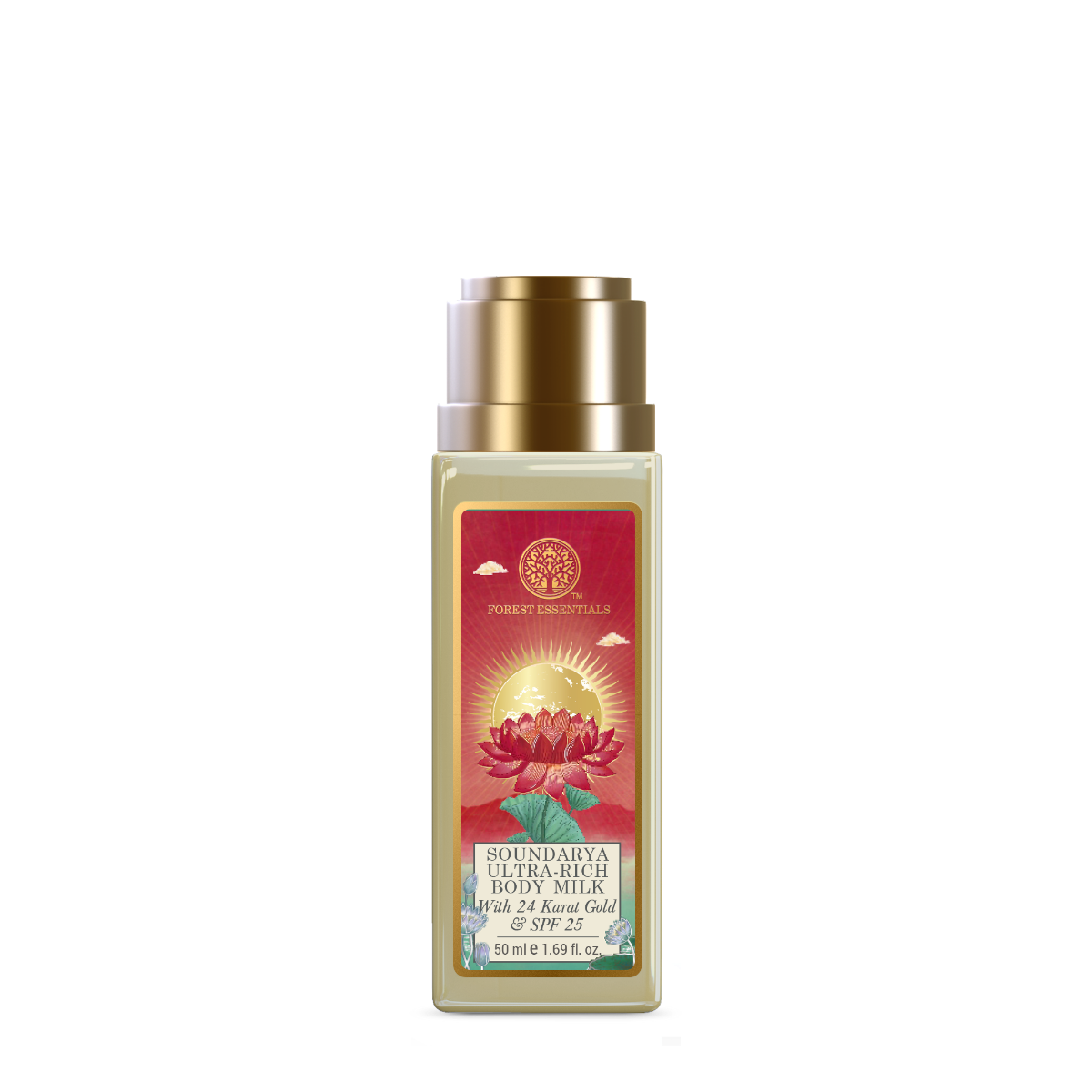Sunscreen is an essential part of every skincare routine. No matter how many products you layer on your face, the last step of your regime should always be to apply sunscreen, regardless of the season, weather, and the fact that you’ll be stepping out or not. Sunscreens protect you from UVA and UVB lights of the sun. These rays are responsible for causing skin damage, ageing and even increasing the risk of skin cancers. But not all sunscreens provide the same amount of protection. Let’s try and decode the science behind sunscreens that can help you make more informed choices.
UVA vs UVB Rays

The sun emits certain radiations including visible light, infrared radiation and ultraviolet rays. While the two former ones are usually harmless, the UV rays pose a significant threat to human skin. Let’s delve further into the different kinds of UV rays.
UVA Rays
They penetrate deep into the skin, affecting the dermis. They break down collagen and elastin in the skin causing long-term damage such as premature ageing, wrinkles, pigmentation, and loss of elasticity. UVA rays also contribute to the formation of free radicals that damage the skin cells and lead to skin cancers.
UVB Rays
They are more intense than UVA rays but can only penetrate the outer layers of the skin or the epidermis. They are responsible for causing sunburns, redness, inflammation and even blisters in some cases. To protect against these rays, the skin’s defence mechanism is to produce more melanin, the pigment which gives the colour to the skin. That is why prolonged sun exposure causes tanning.
Both UVA and UVB rays can cause damage to the skin cells and increase the risk of skin cancer, but the damages of each are different. While UVA rays are associated with photo ageing, UVB rays are responsible for causing sunburn.
What Does A Sunscreen Do?
Sunscreens are specially designed to protect the skin from UV rays, either by absorbing or reflecting the radiations before they can cause any harm to the skin. Sunscreens contain a combination of ingredients that act as chemical filters or physical barriers to UV rays.
Chemical Sunscreens
These sunscreens contain organic compounds that absorb the radiation and convert it into heat, which then gets harmlessly released from the skin. A specific chemical ingredient typically targets either UVA or UVB rays, so if you require broad-spectrum protection you need to opt for a combination of both.
Physical or Mineral Sunscreens
They contain actives like zinc oxide and titanium dioxide that form a protective layer on top of the skin and physically block the rays or reflect them from your skin. They usually shield against both kinds of UV rays, providing broad-spectrum protection.
Sun Protection Factor (SPF)
The SPF of a sunscreen denotes how effectively it will protect against UVB rays. These are typically specified through a number that can range anywhere from 15 to 50+, which indicates the level of UVB protection. If your sunscreen offers SPF 20, it means that it would take your skin 20 times longer to burn in the skin than it would without the sunscreen. However, SPF only denotes protection against UVB rays and not UVA rays. For complete UVA and UVB rays protection, you should look for sunscreens that specify they are broad-spectrum.
How To Choose The Right Sunscreen

When selecting a sunscreen that’s right for you, consider the following factors:
SPF Rating
For everyday use, you can opt for a sunscreen with an SPF rating of 25 or higher. This will give you ample protection during the daytime while you’re stepping out for chores or going to work. If you plan to spend a lot of time outdoors, playing sports, or going for a swim, you can rely on SPF 50 or higher to give you complete protection.
Broad Spectrum Protection
A UVA and UVB sunscreen will keep you protected from both the damaging rays of the sun. Therefore, while buying sunscreen you should always look for one that offers broad-spectrum protection.
Water Resistance
If you’re having a beach day or plan to go swimming, you should opt for water-resistant sunscreen that keeps you protected from the sun and does not wear off underwater. However, you still need to reapply it every two hours. A water-resistant sunscreen can also be beneficial for people who sweat a lot.
Physical/Chemical Protection
Depending on your skin type, you can choose which form of sunscreen to apply. For people with sensitive skin, physical sunscreens are recommended. These have ingredients like zinc oxide and titanium dioxide that block the sun’s rays and protect the skin. Chemical sunscreens are better at absorbing UV radiation and generally have a lightweight texture.
Application
The two-finger application method is not a one-size-fits-all rule. It differs for everyone and every skin type. However, you must always apply enough sunscreen to cover your entire face, neck, and other exposed body parts. You must also reapply it every two hours especially when sweating or swimming.
Sunscreen Choices From Forest Essentials
Sun Fluid with SPF 50 PA++


Made with Tender Coconut Water, fresh Basil Leaves and cooling Aloe Vera, the Sun Fluid offers protection from harmful UVA and UVB rays. It contains SPF 50 | PA++, offering up to 6 hours of sun protection. Apart from this, it also keeps your skin hydrated from within as it is enriched with natural humectants and Hyaluronic Acid. It has a lightweight formulation and leaves no white cast.
Light Day Lotions

[feproducts sku=”8862″],[feproducts sku=”8860″],[feproducts sku=”8861″]
Forest Essentials Light Day Lotions offer the perfect blend of hydration and sun protection. They come with SPF 25 and offer protection from harmful UVA/UVB radiation with natural Mineral Zinc Oxide. This is a natural, effective, and safe form of SPF, prepared by finely processing pure Zinc, as per Ayurvedic texts. You can incorporate these Light Day Lotions into your everyday skincare routine as the last step, after cleansing and toning. You can choose from three variants crafted specifically to cater to the needs of different skin types.
For Normal Skin Type – Light Day Lotion Jasmine & Mogra with SPF 25
For Oily Skin Type – Light Day Lotion Lavender & Neroli with SPF 25
For Dry Skin Type – Light Day Lotion Indian Rose & Marigold with SPF 25
Soundarya Body Milk with 24K Gold & SPF 25

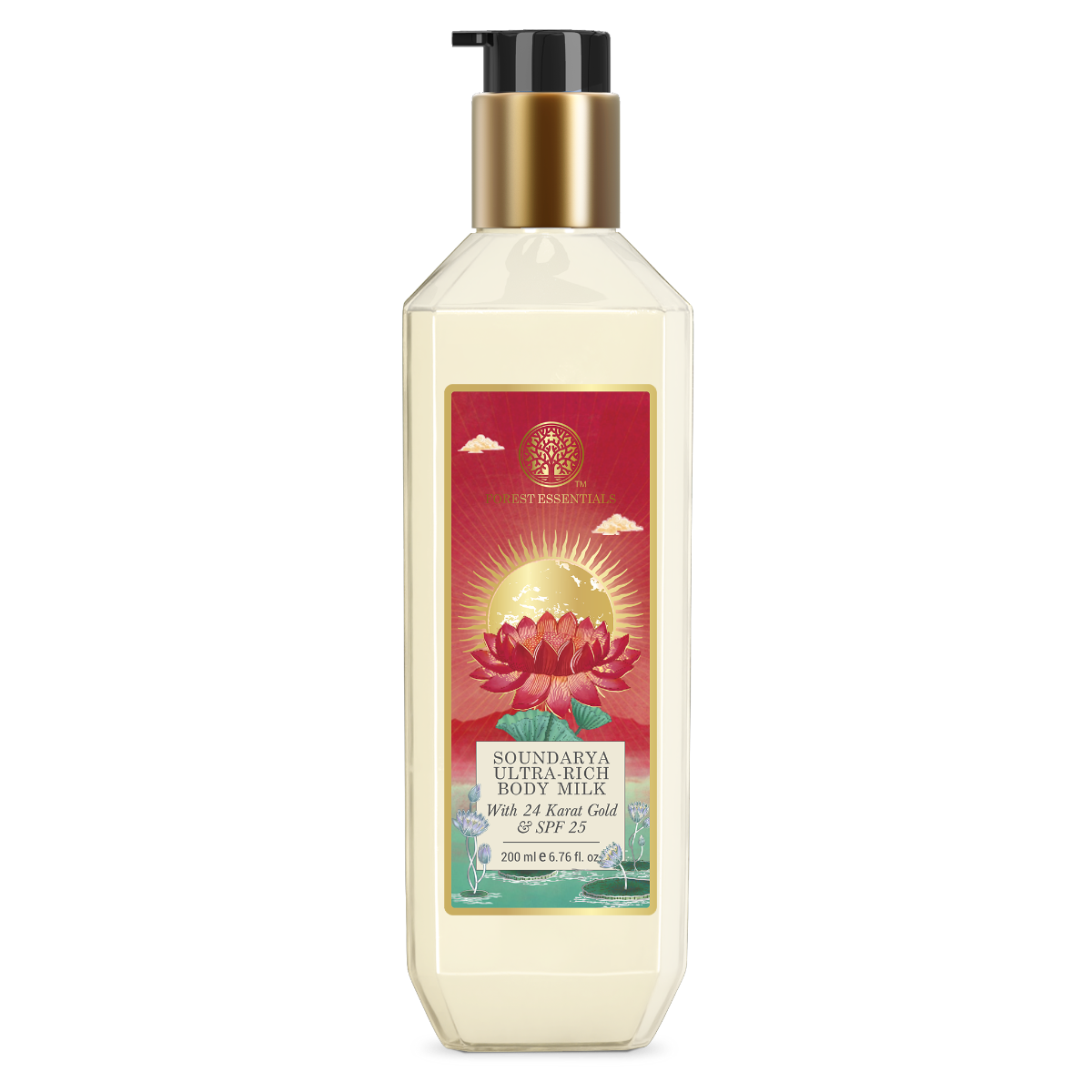
Forest Essentials’ Ultra Rich Body Milk Soundarya is enriched with Burnt Cane Sugar, a natural humectant that attracts and seals moisture into the skin. Also infused with 24 Karat Gold Bhasma which penetrates the deepest layer of skin, providing radiance and increased elasticity. This body milk contains SPF 25 offering you protection from UVA and UVB rays, apart from leaving your skin smooth and lustrous.
Conclusion
It is crucial to know about UVA and UVB rays and their impact on the skin to make informed choices about sunscreens. Both these radiations pose a serious threat to the skin, causing issues such as ageing, sunburn, and forms of skin cancer. It is important to keep yourself protected at all times from the damaging effects of the sun so that your skin stays healthy, youthful, and radiant for a long time.
FAQs
What is the difference between UVA and UVB rays?
The difference between UVA and UVB rays is how they impact the skin. UVA rays are responsible for photoageing while UVB rays cause sunburns.
Which is more damaging, UVA or UVB?
UVB rays are more damaging and harmful than UVA rays since they are directly linked to causing skin cancer.
How can I protect my skin from UVA and UVB rays?
By opting for a broad-spectrum sunscreen you can ensure you stay protected from both UVA and UVB rays.
Does UVA or UVB cause hyperpigmentation?
Both rays are responsible for causing hyperpigmentation. UVB induces skin pigmentation by increasing melanin synthesis while UVA causes immediate and persistent darkening of the skin’s pigment.
Does sunscreen block both UVB and UVA?
A broad-spectrum sunscreen protects against both UVA and UVB rays.
References
https://www.ncbi.nlm.nih.gov/pmc/articles/PMC3709783
https://www.massgeneralbrigham.org/en/about/newsroom/articles/uva-and-uvb-ray-differences





